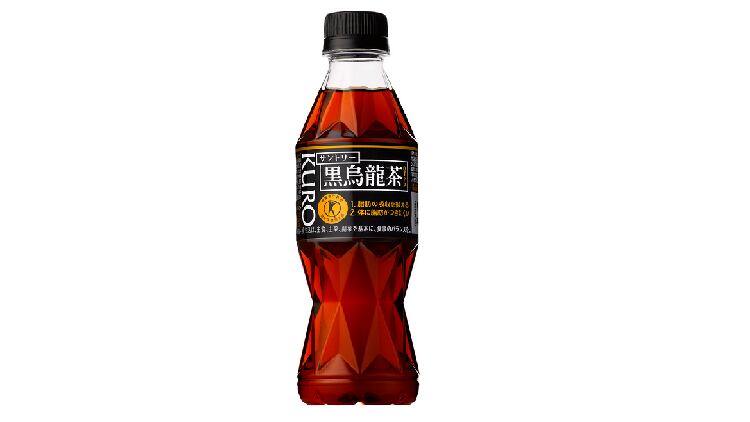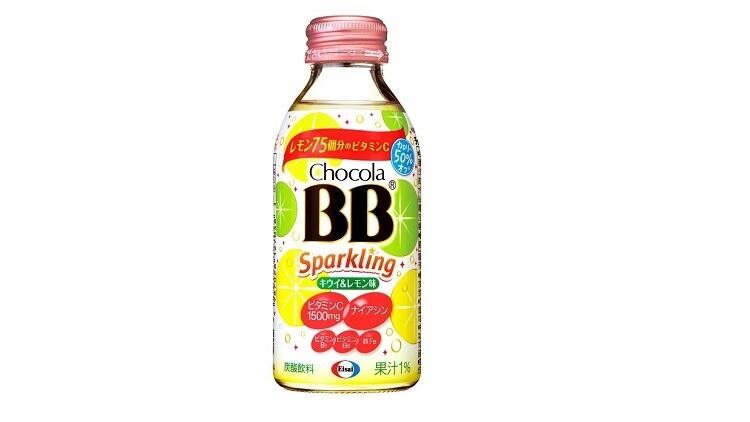The country is witnessing a sharp increase in new product development, largely stemming from regulatory changes.
While firms previously had to adhere to the stringent Foods for Special Health Uses (FOSHU) rules, the introduction of the less rigorous Foods with Functional Claims (FFC) in 2015 enabled more innovation.
Against this backdrop, Suntory’s open innovation manager, Alexandre Nicolau, revealed five key trends in functional beverages when presenting on the topic “Innovation in Functional Drinks” at THAIFEX – World of Food Asia exhibition held in Bangkok in late May.
Suntory itself is a major FOSHU products innovator. About 50% of Japan’s FOSHU beverages come from the firm and most of its products tackle weight management and blood pressure issues.
He said the FOSHU market was worth US$6bn and over US$1bn of this was made up of beverage products.
Nicolau pointed out that it usually takes about 24 months for a product to earn the FOSHU status, with an estimated investment of JPY$200m to JPY$500m.
The firm first enjoyed FOSHU success with the launch of its black oolong tea, with sales peaking at US$280m in year 2017.
It contains oolong tea polymerised polyphenols (OTPPs) inhibit lipase activity more effectively than green tea, leading to a 20% reduction in triglyceride levels in the body.
It welcomed another round of success with its Iyemon Tokucha tea, which garnered US$500m sales in three years.
The tea helps to breakdown stored body fat with quercetin glucoside, a type of polyphenol commonly found in vegetables and fruits such as onions, broccoli, and apples.
At the same time, competitor firms are also gearing up on their innovation and there is a now a trend of launching functional beverages.
The following lists the five key trends of functional beverages and related case studies that Nicolau has highlighted:
Weight loss with vinegar
Firms are launching vinegary beverages that reduce visceral fats by making use of the acetic acid component in the product.
With the rise of such beverages, a new path is paved for vinegar-making firms.
Nicolae, however, pointed out that diabetes, not weight management, was the main driver for sales of vinegary drinks in Japan.
Beauty drinks
Typical ingredients used in beauty drinks include Azuki polyphenols, persimmon, collagen, type III collagen, and brown rice black vinegar.
Rather than regular bottled beverage, beauty drinks usually come in the form of shots or even beer.
An example is Suntory’s “All Free Collagen”, the world’s first non-alcoholic collagen-containing beer targeted at the female market.
Elderly mobility
Maca, royal jelly, and glucosamine are common ingredients found in beverages that promote elderly mobility.
The use of protein has not yet reached the same level of importance in Japan as seen in other markets, Nicolau pointed out.
“Strangely in Japan, there is no ‘craze’ about protein. The development is very slow. This might be because the Japanese’ diet is mainly made up of fish, which is heavy in protein,” he said.
Nonetheless, due to the growing awareness of sarcopenia, he foresees that protein-based supplements will be increasingly common for targeting the elderly.
Gut health
While gut health products have been present in the market for some time, the industry has become “more sophisticated” in this area.
"We know that gut health is important, but in terms of functionality, we are just scratching the surface of the microbiome to understand the relationship between all the bacteria and our health and well-being," he said.
Nicolae believes there will continue to be new discoveries in this area, given the huge interest in the market in China,the US and European markets.
Sleep and relaxation
Common active ingredients used are GABA, theanine, omithine, and mono-glucosyl hesperin added in chocolate and dairy products.
Some product examples include a series of beverages that promote relaxation, sleep and blood flow by Kirin.
Foreign competition
Besides the Japanese firms, established international brands are also vying for a slice of the functional health beverages market.
Some examples include Coca-Cola and more recently, Sprite.
Nicolau explained that these brands would usually launch enhanced version of their beverage products to qualify as a FOSHU product.
“They have an advantage, because consumers already know them and have found a connection to these brands.”
Despite the usefulness of branding, he stressed that the science of products remained “the core of trust” in Japan.



